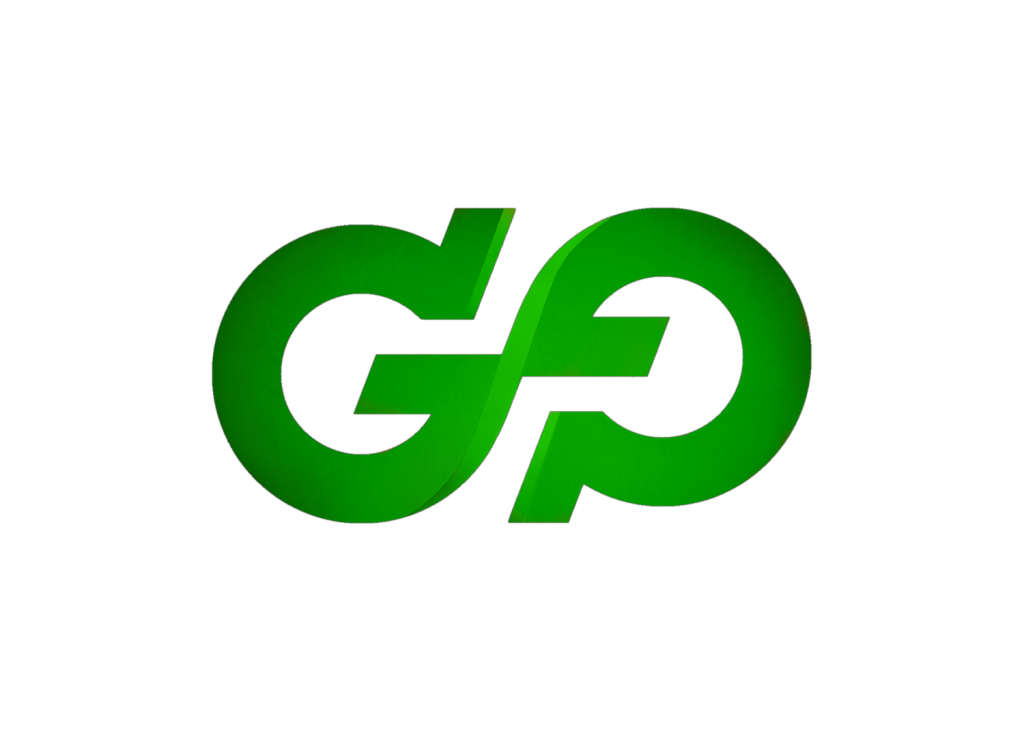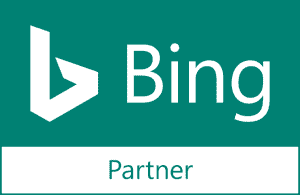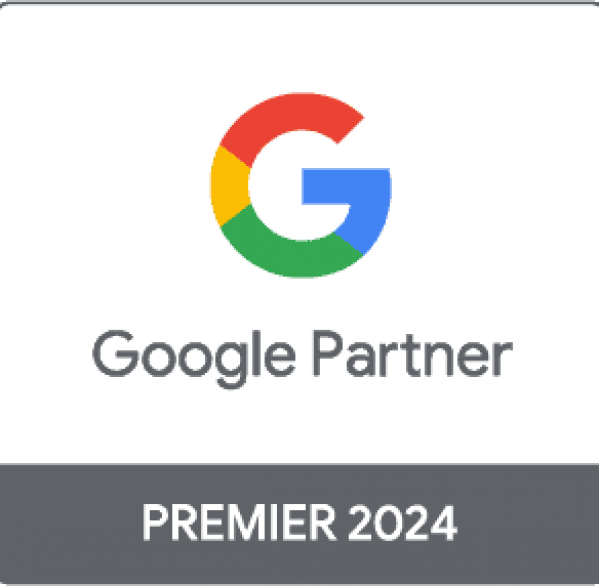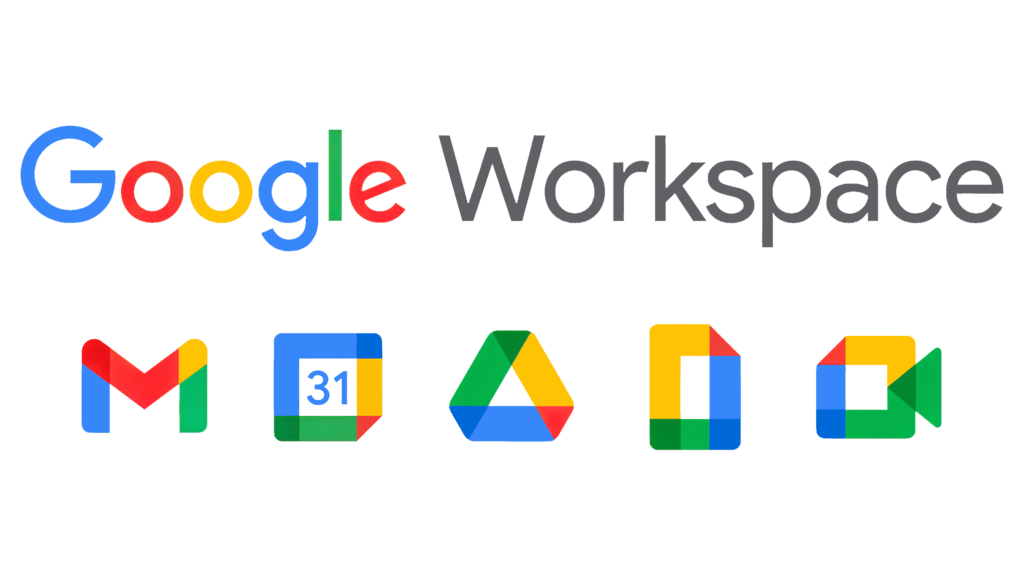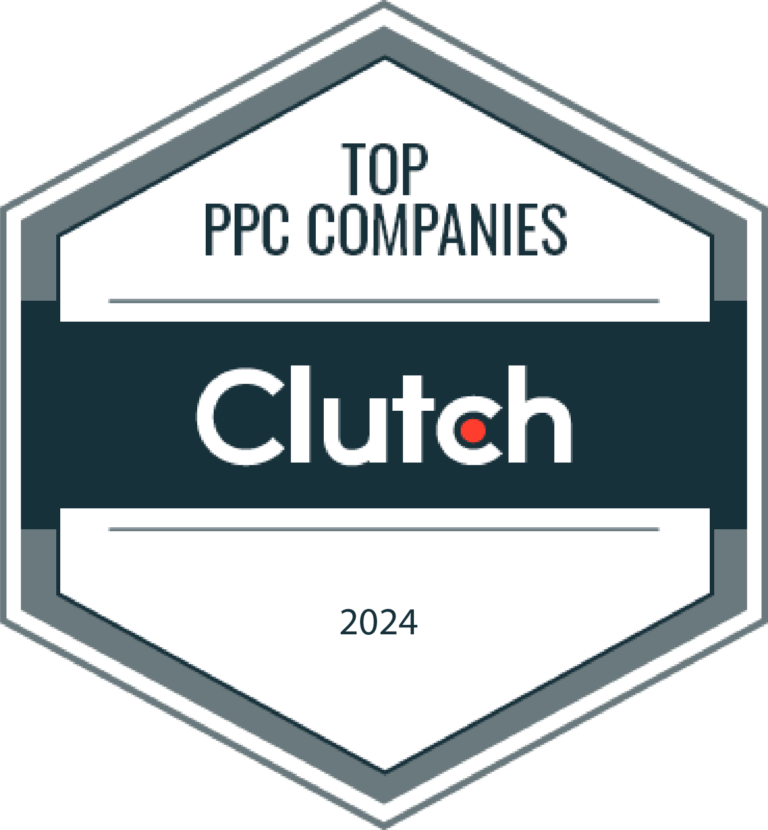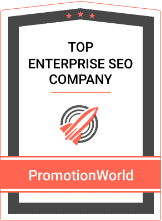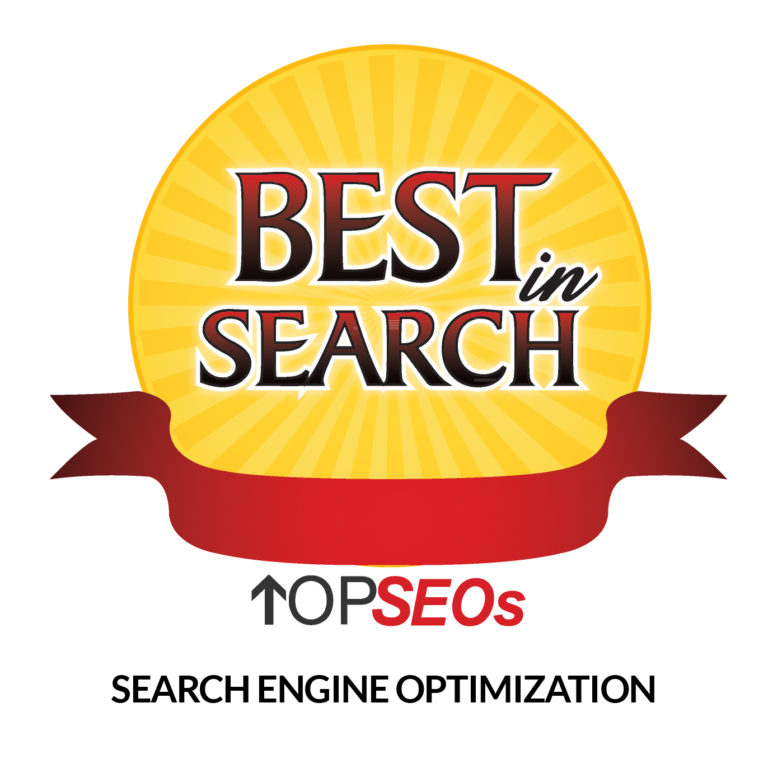In today’s fast-paced digital marketing world, paid search management is essential for businesses looking to drive targeted traffic and maximize ROI. Whether you’re a small business or a large enterprise, leveraging paid search marketing can significantly enhance your online marketing efforts, ensuring your ads appear at the top of the search engine results page (SERP). But how do you create and manage effective paid search campaigns that convert visitors into customers? In this blog, we will walk you through everything you need to know about search advertising, including Google Ads, Bing Ads, ad copy optimization, and more.
What Is Paid Search Management?

Paid search management refers to the strategic process of managing paid search ads on search engines like Google and Bing to achieve business goals. It involves:
- Keyword research using tools like Google Keyword Planner to find high-converting search terms.
- Optimizing ad copy to improve ad rank and quality score.
- Managing ad campaigns to ensure optimal ad spend.
- Analyzing conversion rates and search volume to refine strategies.
By implementing an effective marketing strategy, businesses can improve their digital presence, target the right potential customers, and maximize ROI from their PPC campaigns.
Why Paid Search Marketing is Essential
Unlike organic results, where rankings depend on search engine optimization (SEO), paid search advertising ensures that your search ads appear in prime positions on the search results. Some key benefits of paid search marketing campaigns include:
- Immediate visibility in Google Search and Bing Ads.
- Highly targeted search campaigns based on exact match, phrase match, and broad match types.
- Increased website traffic, leading to higher conversion rates.
- Ability to control and optimize advertising budget by adjusting bids and targeting options.
How To Build A High-Performing Paid Search Campaign

1. Conduct In-Depth Keyword Research
A successful paid search campaign starts with thorough keyword research. Using tools like Google Keyword Planner, you can identify keyword phrases that align with user searches and your business goals. Focus on:
- High search volume keywords that drive traffic.
- Low-competition keywords that offer cost-effective bidding.
- Variations in match type (broad match, phrase match, exact match).
Keyword research is the foundation of any PPC campaign, helping advertisers bid on the most relevant terms to attract quality traffic.
2. Optimize Ad Copy For Higher Ad Rank
Your ad copy should be engaging and relevant to the search terms you’re targeting. Use compelling language, highlight unique selling points, and include clear calls-to-action (CTAs). Well-optimized text ads lead to a higher quality score, which impacts your highest ad rank and reduces ad spend.
- Include the primary keyword in the ad headline.
- Use action-oriented CTAs such as “Get a Free Quote” or “Shop Now.”
- Highlight benefits and unique selling points.
3. Create Targeted Ad Groups
Grouping related keywords into structured ad groups helps improve ad relevance and enhances performance. Each ad group should focus on a specific theme, ensuring that ads closely match user searches.
For example, a shoe retailer might have separate ad groups for running shoes, formal shoes, and casual shoes, each with unique ad variations and landing pages.
4. Utilize Ad Extensions
Ad extensions provide additional information in Google Ads and Bing Ads, increasing click-through rates (CTR). Common ad extensions include:
- Sitelink extensions – Direct users to specific pages.
- Call extensions – Allow direct phone calls from search ads.
- Location extensions – Show your business address in search engine results.
Using ad extensions makes your ads more informative and increases engagement by offering users multiple ways to interact with your brand.
5. Design High-Converting Landing Pages
A well-optimized landing page plays a crucial role in converting paid search traffic. Ensure your landing page is:
- Fast-loading and mobile-friendly for better user experience.
- Aligned with your ad copy and search advertising message to maintain consistency.
- Optimized for high conversion rates with clear CTAs and easy navigation.
A compelling landing page increases the likelihood of visitors taking desired actions, such as making a purchase, filling out a form, or contacting your business.
6. Monitor And Optimize Ad Spend
To achieve bottom-line results, continually monitor your ad spend and adjust bids based on performance. Test different bid strategies to optimize costs while maintaining top positions in search engine results.
- Set bid adjustments for different devices, locations, and times of day.
- Use negative keywords to prevent irrelevant clicks and wasted ad spend.
- Analyze performance metrics such as CTR, CPC, and conversion rates to make data-driven decisions.
Common Paid Search Mistakes To Avoid
Many businesses make errors that hinder paid search marketing success. Check out the top PPC management mistakes and how to fix them to avoid common pitfalls, such as:
- Poor keyword research leading to irrelevant clicks.
- Overlooking ad extensions that improve engagement.
- Ignoring search campaigns performance data, leading to inefficient spending.
By addressing these mistakes, businesses can refine their strategies and maximize their paid search ROI.
How To Choose The Right PPC Management Company
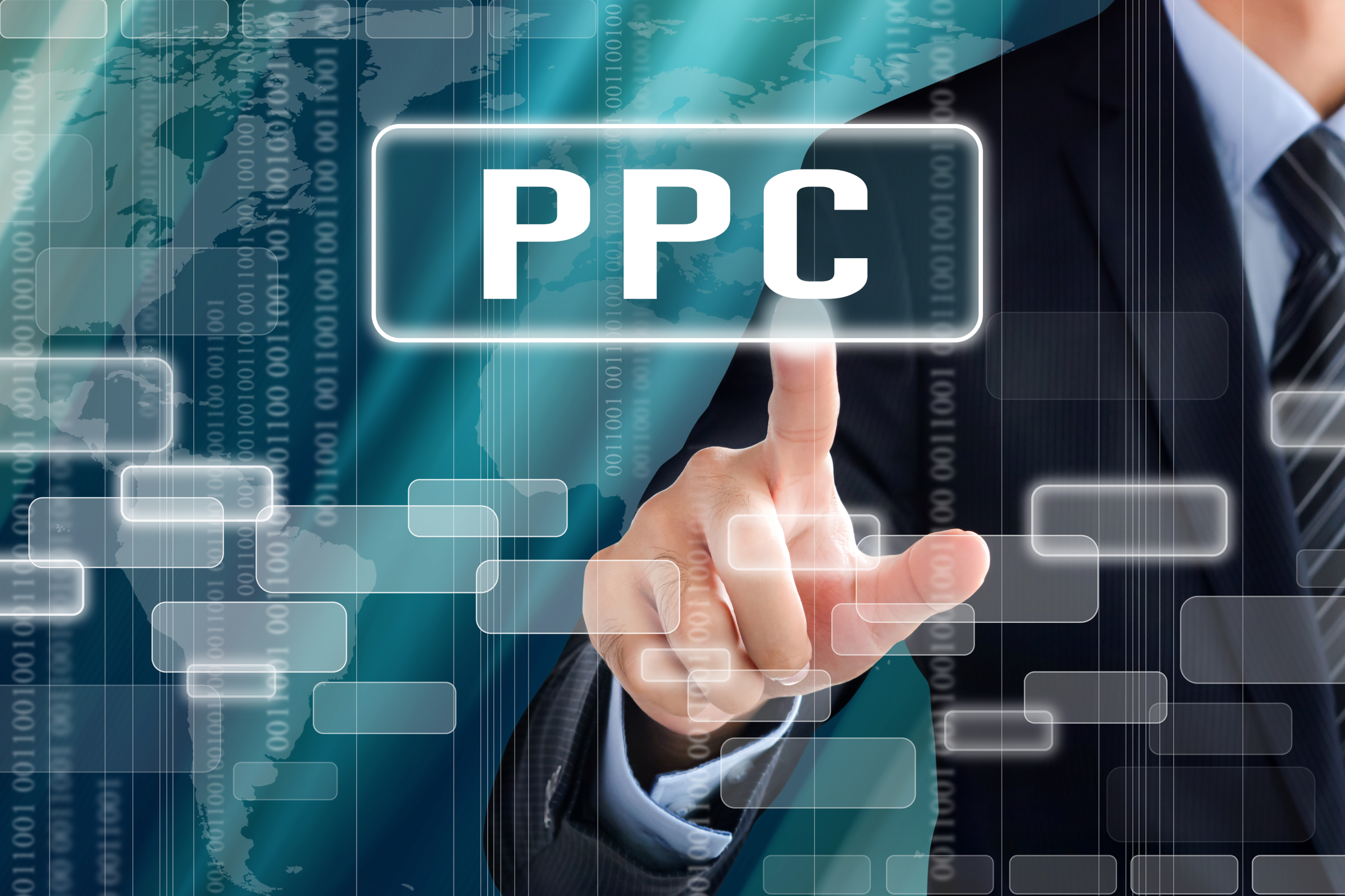
Selecting the right paid search management partner can make or break your PPC advertising success. A good agency will:
- Provide in-depth industry insights and expertise to optimize campaigns effectively.
- Offer continuous search engine marketing optimization to enhance ad performance.
- Help drive business goals through strategic PPC campaigns tailored to specific objectives.
When choosing a PPC agency, look for a track record of success, transparent reporting, and a proactive approach to campaign management.
Key Areas To Monitor In Google Ads

To ensure your Google Ads account is performing well, keep an eye on these critical areas:
- Ad rank and quality score to improve visibility and reduce costs.
- Search engine results page positions to track ad placements.
- Performance of different match types to refine keyword targeting.
- Effectiveness of ad groups and ad copy to maintain relevance.
Conclusion: Boost Your Digital Presence With Paid Search
Effective paid search management is vital for businesses looking to drive bottom-line results and improve their digital marketing strategy. By focusing on keyword research, optimizing ad copy, structuring ad groups, and fine-tuning search advertising strategies, businesses can enhance their online marketing efforts and achieve sustainable growth.
Ready to take your PPC campaigns to the next level? Let’s get in contact!



